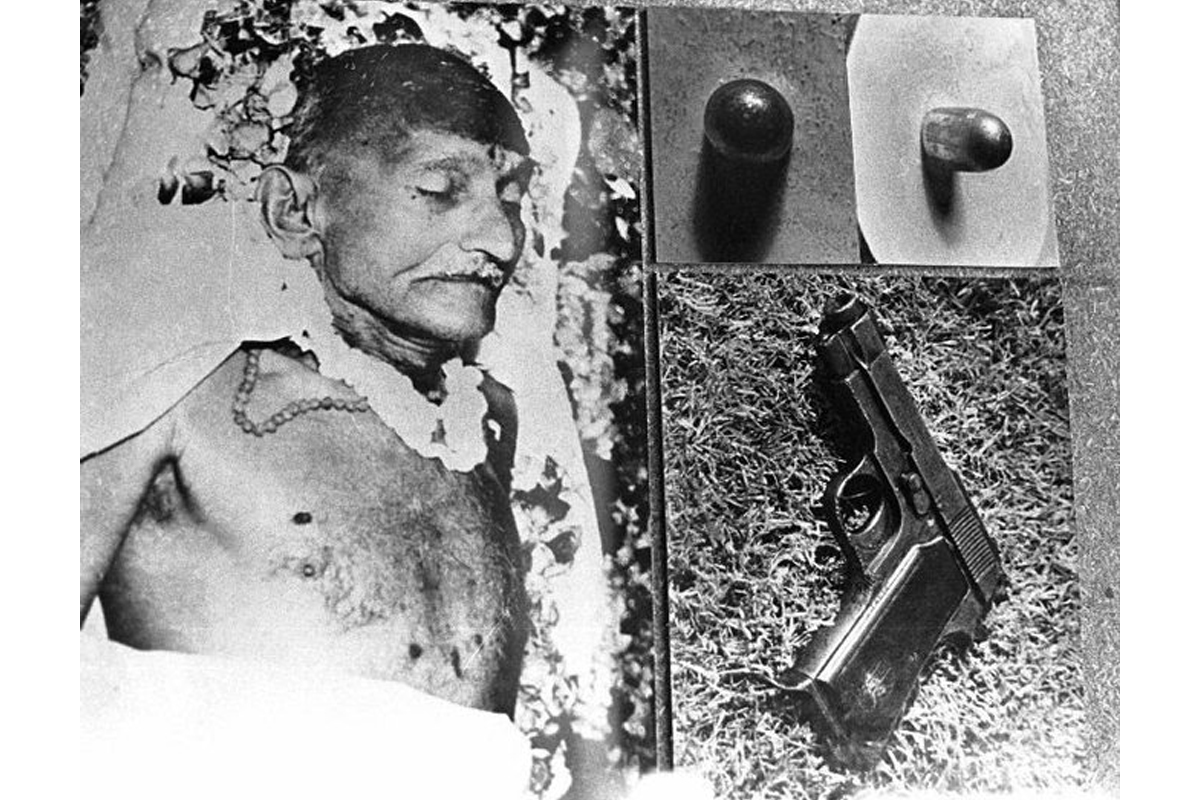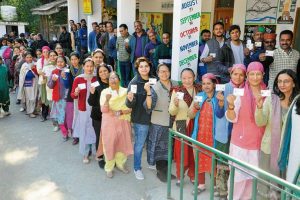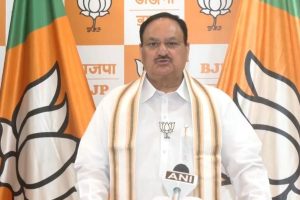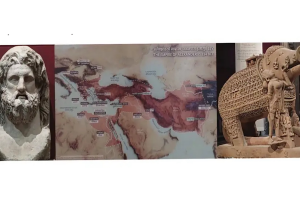The supreme difficulty facing a serious analyst of Gandhi is that almost every statement made about him is little more than a half-truth and the trouble with half-truths is the other half. There is an additional difficulty; every statement made by Gandhi himself is also a partial truth, made deliberately so as to take a new step towards some larger truth. The half-truths distort Gandhi and Gandhis partial truths demand a massive intellectual effort to comprehend him. ~ Dr J D Seth, Patel Memorial Lecture (1979)
In human history, there is hardly any person who made such a difference to the lives of such a vast number of people during a single lifetime as Mahatma Gandhi. There are two types of human greatness. One, the purely intellectual or artistic that isolates its possessor, no matter how much he may be appreciated or extolled. The other type in whom many men and women find their own emotions and sentiments expressed, not in merely words, but in the art of living itself.
Gandhi was pre-eminently a great man of the second type. After his return from South Africa in 1914, instead of trying to build up a new organization, Gandhi joined the Indian National Congress, the single most popular political party spearheading India’s struggle for Independence, to give effect to his revolutionary ideas that he had nurtured in South Africa.
He attuned himself, in his way of life, to the deprived, the exploited, half-literate, the poor, the ignorant who constituted the vast majority in India. In the words of Ram Manohar Lohia: ‘Tens of millions throughout the world saw in him (Gandhi) their spokesman, the solace and the remedy for their sufferings and distress.’ Gandhi was a controversial is figure during his lifetime. In the eyes of the right wing, he was a betrayer of Hinduism, and that he set out to appease Muslims.
It is also argued that while he seemingly hastened Partition, he was actually totally against the same. He was so depressed by Partition and the consequent violence that he did not even attend the Independence day celebrations. Even more than seven decades after an assassin’s bullet ended his life on 30 January 1948, he is still the victim of cynicism, misinformation and disinformation. We have misunderstood and misrepresented Gandhi over the years. He has been accused of appeasing the Muslims, and has also been blamed for the Partition of India.
But this is far from truth. Much prior to Gandhi’s return from South Africa, efforts were on to bring the Muslims into the mainstream of the nation. For instance, during the 50th anniversary of the Revolt of 1857, way back in 1907 in England, Savarkar had described the Muslims in India as one of the hues of the rainbow. By the Lucknow Pact in 1916 the Muslims were also given greater representation in proportion to their population. Gandhi was then a new entrant to the country’s public life.
He had no share in the Lucknow negotiations. Rather, well-known leaders, pre-eminently Annie Besant, Lokmanya Tilak and Mohammad Ali Jinnah were associated with the pact. Tilak, the architect of the pact, justified the same saying: ‘Some eminent people accuse us of attaching far greater importance to the Muslims. I would go to the extent of saying that personally I would have no objection if self-rule were granted to the Muslim alone.’ Indeed, this courageous affirmation of Lokmanya silenced those who had opposed the pact.
Even Dr Shyamaprasad Mukherjee, after quitting the first Cabinet of Ministers of the Independent Indian government, did not return to the Hindu Mahasabha, for he thought it improper on the part of any political party not to accommodate the Muslims and other communities. Subhash Chandra Bose, too, complained against the inadequate representation of Muslims in the Indian National Congress. Keeping all these facts in mind the allegation brought against Gandhi for appeasing the Muslims may be judged. Gandhi’s commitment to religious tolerance was infinite.
He was in favour of respect for all human beings irrespective of their caste, colour, creed and religion. As Gandhi was working in a pluralistic atmosphere with a respect for diversity he could see the need for mutual tolerance in a practical way. He made the Hindu- Muslim unity one of the three basic items of the nationalist political platform from 1920 onwards. To overcome the mutual suspicion and hate he was in favour of the interaction of communities at all levels. He wrote in Young India, (7 May 1919 : ‘As with Hindus so with Musalmans, the leaders among the latter should meet together and consider their duty towards Hindus.
When both are inspired by a spirit of sacrifice, when both try to do their duty towards one another instead of pressing their rights, then and then only would the long standing difference between two communities cease.’ This seems to be as true today as it was nearly a century ago, or probably it is needed much more today even at that time. Gandhi was clear that religion is a personal matter, not to be brought into the political space.
‘Religions are not for separating men from one another, they are meant to bind them. It is a misfortune that, today, they are so distorted that they have become a potent cause of sterile and mutual slaughter.’
(Harijan, 8 June 1940). The fast undertaken by Gandhi for five days on and from 13 January 1948 to 18 January ~ the last fast of his life ~ is touted as his ‘pro-Muslim’ attitude as it was considered as a tactical coercion on the Indian government to pay off the second and final instalment amounting to Rs 55 crore to Pakistan.
Indeed, linking his stand in the matter of payment of the dues to Pakistan to his fast, he undertook an intentional mix-up and distortion of facts of contemporary history. The false propaganda infuriated a large section of Hindu fanatics and Gandhi paid himself dearly with his life. A Hindu fanatic Nathuram Godse shot him dead on 30 January 1948.
(To be concluded)
(The writer is a retired IAS officer)











